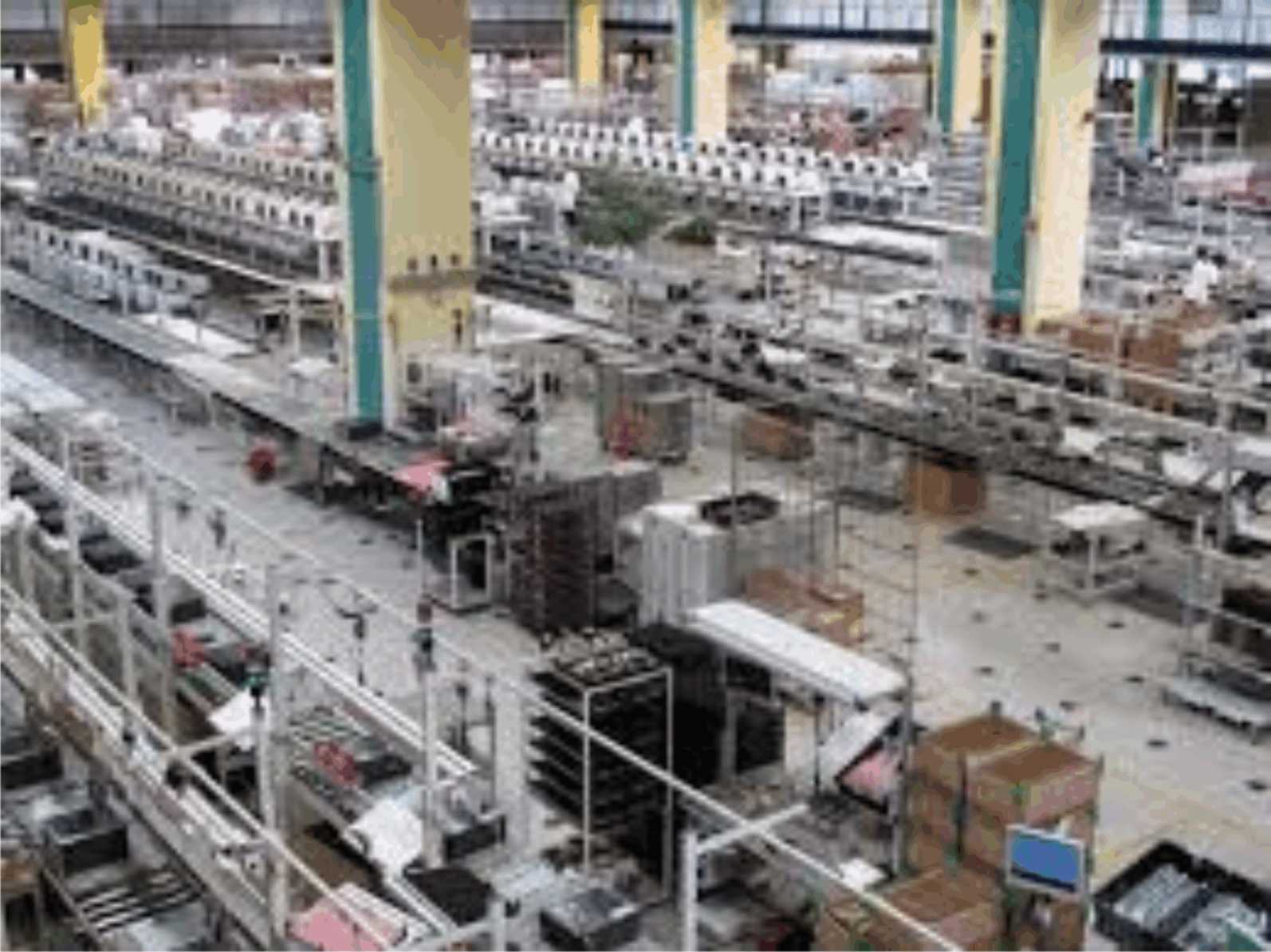Technology has become part and parcel of Nigeria no doubt; in fact, Nigerians are believed to be some of the fastest people in embracing latest technologies in the world. And it is not surprising that manufacturers of technological gadgets such as mobile phones, TVs etc. are always eager to have a Nigeria launch after the global unveiling, because a ready market of technology-thirsty over 170 million people is here.
Unfortunately, being a technology consuming nation without producing a single hardware in the country will lead the country to nowhere and one major reason billions of Naira are escaping the domestic economy every year as capital flight. Certainly, we cannot continue to depend on imported technologies and expect to grow our economy with it, which is why it becomes more worrisome that a bit of enthusiasm earlier shown in local manufacturing of hardware in the country is waning. In the past, some foreign manufacturers whose products are selling like hot cakes in the country had promised and made some moves to establish local plants here in Nigeria; but none of such efforts has seen the light of day and it thus appears none of the foreign manufacturers is even considering such again at this moment.
Besides, a few indigenous local hardware manufacturers, who had been making frantic efforts to build market for made in Nigeria computers and phones appear to be losing interest in the venture and are now focusing on other things. But should they be blamed? Certainly not. Many untoward factors in the country are standing as impediments to local manufacturing, not only in ICT industry, but also across all industries in the country, which unless they are fully addressed may confine us to a perpetual consuming nation.
Consider this: Which foreign company will be willing or eager to set up an assembly plant in a country where over 60 per cent of its overhead goes into power generation? This is one major problem that many businesses in the country are lamenting about, and which restrains many others from making bigger commitment of setting up factories here.
But even where the local entrepreneurs in the ICT industry were willing to dare the odds of power and other basic infrastructures that are lacking to produce gadgets locally, the wrong perception of many Nigerians that imported products are better than locally manufactured ones continues to kill their spirit. The immediate past Minister of Communication Technology, Omobola Johnson had recently lamented about the current image of the country as “a continuing compulsive consumer of ICT products from other parts of the world.” This, she said, continues because Nigerians prefer foreign products and are ready to pay through their nose to get them even when same products are available locally at cheaper cost.
Statistics released by the Communication Technology Ministry had shown that in 2012, HP and Dell accounted for 60 per cent of approximately 750,000 personal computers sold in Nigeria while indigenous original equipment manufacturers accounted for about 20 per cent of this number. Obviously, this scenario is compounded by the perception that existing local ICT hardware manufacturers produce poor quality, expensive and uncompetitive products. This situation is no doubt killing the morale of the local manufacturers and the more reason they are now showing less interest in producing.
That aside, funding has been another obstacle for ICT start-ups that should have grown to develop the local ICT ecosystem. While banks are always eager to release huge funds to a portfolio Oil and Gas dealer, even in some cases, without collateral, they frustrate SMEs with unrealistic collaterals’ demand, yet no other source of fund in form of government grants or support to build the young minds in ICT.
With those challenges above, there is a need for urgent intervention if the country is to move forward technologically and change her status as mere consuming nation. First, the recurrent issue of epileptic power must be addressed by the government and this must be done with all sincerity not by rhetoric and vain promises that have taken us to nowhere for many decades. The Nigerian people also have a big role to play by changing their perception on locally made hardware. China became one of the ICT giants in the world today because the people first believed in their products, consumed home-made and then started selling to the world. If Nigerians cannot trust made in Nigeria computer to be used, should we expect foreigners to come and buy and use?
And now is the time to put to good use the SME fund in the custody of the Central Bank of Nigeria. We see no reason why this fund should not be made available to tech start-ups and local ICT entrepreneurs with viable and sustainable hardware production projects. Most big tech companies whose products have become acceptable worldwide today started small on their country’s government support, Nigeria should not be an exception.

